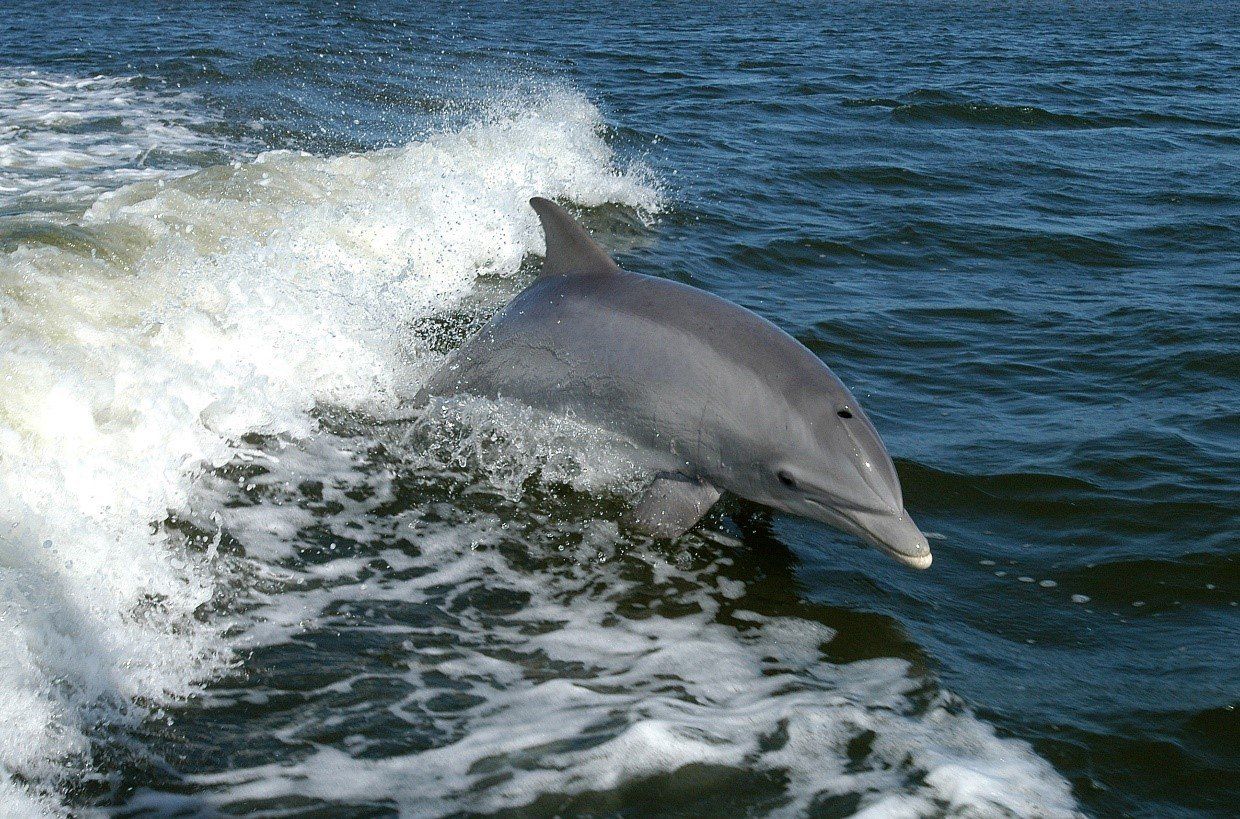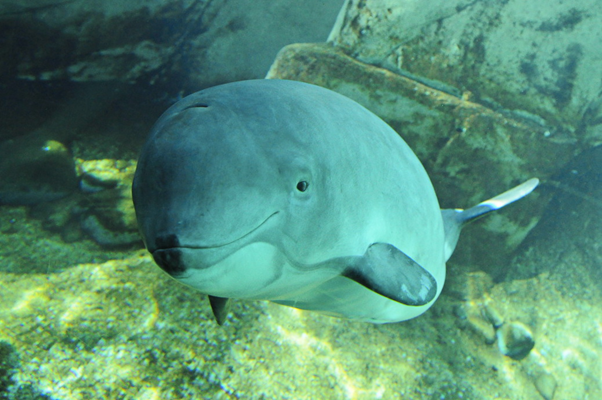What Can Skin Tell us About Marine Mammals’ Stress Levels?
Marine mammals are exposed to a myriad of stressors that can have long-lasting effects on their health. Climate change, ocean pollution and underwater noise are just some of the human caused stressors that reduce reproductive rates, impair immunity and increase mortality of marine mammals.
Assessing stress levels in large free ranging marine animals is not an easy task. A commonly used method for this involves measuring stress hormones such as cortisol in blood samples. However, blood extraction is an invasive method and blood is not easily acquired from marine mammals. What’s more is that the process of capturing and handling an animal to take a blood sample can elevate blood cortisol levels. This would give an inaccurate measurement and likely overestimate baseline stress levels.
Numerous other substances have been considered for stress assessment such as hair, saliva, urine, and faeces. However, urine and faeces only reflect stress levels over a short period, as in only minutes to hours. Cetacean (whale, dolphins, and porpoises) skin cells have been used for genetics, diet, and contaminant studies. Recently, skin has also been considered as a reliable stress indicator because it reflects weeks to years and therefore can be used to assess acute and chronic stress that impacts marine mammals over a long period. The use of skin sample has been used in studies on bottlenose dolphins Tursiops truncatus and harbour porpoises Phocoena phocoena . Bechshoft et al . (2020) tested naturally sloughed skin samples from bottlenose dolphins in San Diego Bay, after they were exposed to an experimentally manipulated stress. These samples were collected with a rubberized flat edge to gather loose skin falling away. Cortisol levels were then be measured from these samples. This provides information about the dolphins reacted to the experimental stress.
This non-invasive method imposes minimal harm to the animal and unlike faeces and urine, it reflects stress levels long after the actual stress event. This is an important practice as it can provide insight into how marine mammals are responding to elevated levels of stress from the expansion of human developments and climate change. Skin cells have the potential to be a non-invasive tool in monitoring the health and reproductive status of cetacean populations. Now more than ever in the current climate, this is paramount for effective management practices of these vulnerable marine species.
References:
Bechshoft, T., Wright, A.J., Styrishave, B. and Houser, D. (2020). Measuring and validating concentrations of steroid hormones in the skin of bottlenose dolphins ( Tursiops truncatus ). Conservation Physiology , 8(1) , p.coaa032.
Bechshoft, T., Wright, A.J., Weisser, J.J., Teilmann, J., Dietz, R., Hansen, M., Björklund, E. and Styrishave, B. (2015). Developing a new research tool for use in free-ranging cetaceans: recovering cortisol from harbour porpoise skin. Conservation Physiology , 3(1) .
SHARE THIS ARTICLE















